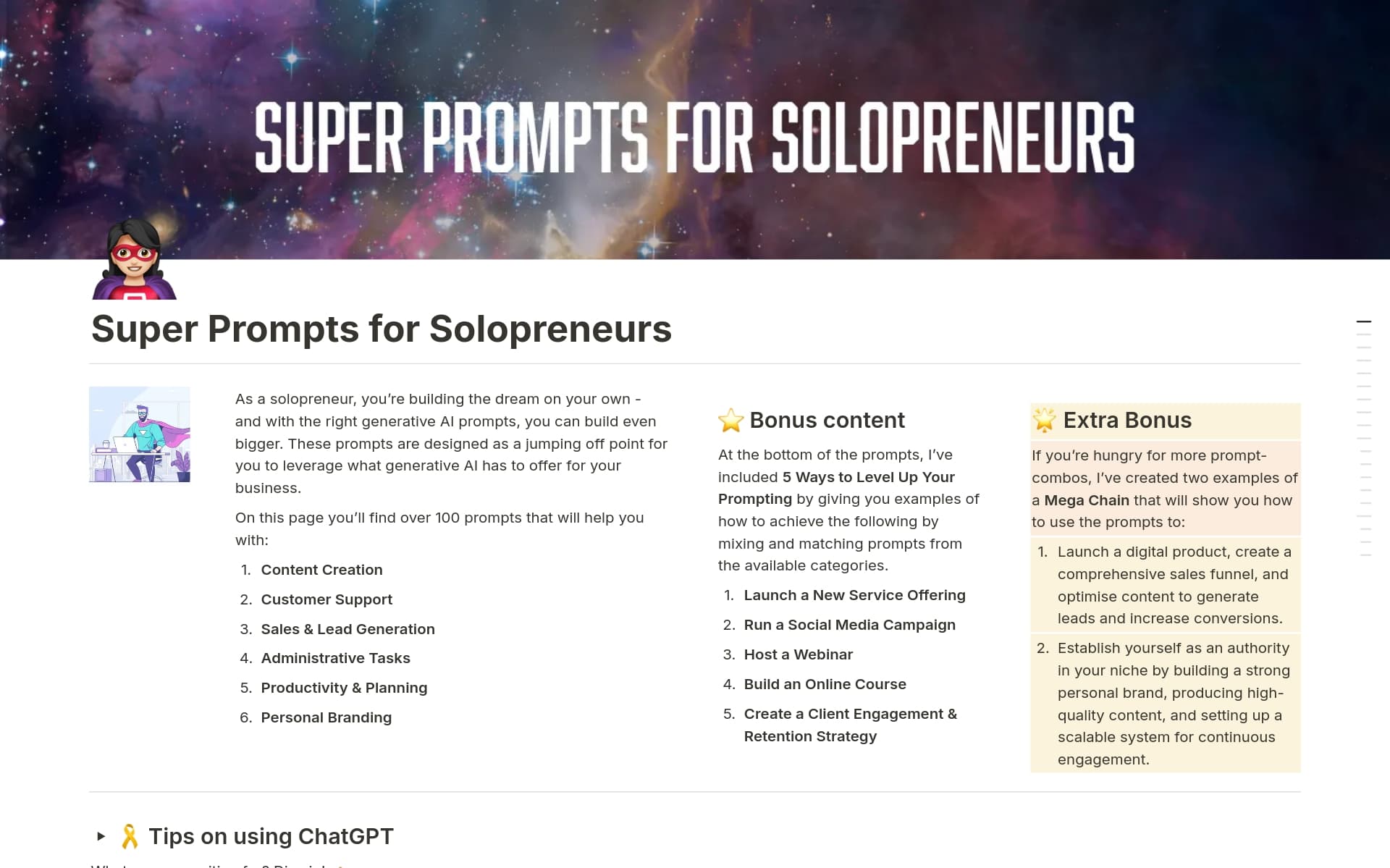Track your software development progress with ease using Notion's bug tracking templates. These templates include built-in task management, design, and feedback reports to help you quickly identify and resolve issues.
What Should Bug Tracking Templates Include?
Choosing the right Bug Tracking Template in Notion can streamline your development process and ensure that no issue goes unnoticed. Here are key components to look for:
Issue Details: The template should allow for comprehensive details about each bug, including type, severity, and screenshots if applicable.
Status Tracking: It's essential to have a clear system to track the status of each bug, from reported to resolved, to keep everyone updated.
Assignee Information: Each bug should be assignable to team members with fields for contact information to facilitate easy communication.
Filtering Options: Good templates offer robust filtering capabilities to sort issues by priority, date, status, or custom tags, enhancing manageability.
Selecting a template with these features will help ensure that your team can address bugs efficiently and effectively, keeping your project on track.
What Should Bug Tracking Templates Avoid?
Choosing the right bug tracking template in Notion can streamline your project management and defect resolution processes. However, it's important to be aware of certain features that might complicate or hinder your workflow. Here are three key components to steer clear of:
Overly Complex Fields: Templates with too many detailed fields can be overwhelming and may deter team members from using the system efficiently. Opt for simplicity to enhance user engagement.
Lack of Integration Capabilities: Avoid templates that do not support integration with other tools like version control systems or your existing project management software. Seamless integration is essential for maintaining an efficient workflow.
Rigid Workflow Structures: A template that doesn't allow customization of workflow stages can be restrictive. Choose a template that is flexible and can be adapted to the specific needs of your projects.
Selecting a bug tracking template that avoids these pitfalls will ensure a smoother, more effective issue tracking process that can adapt to the dynamics of your project and team.



